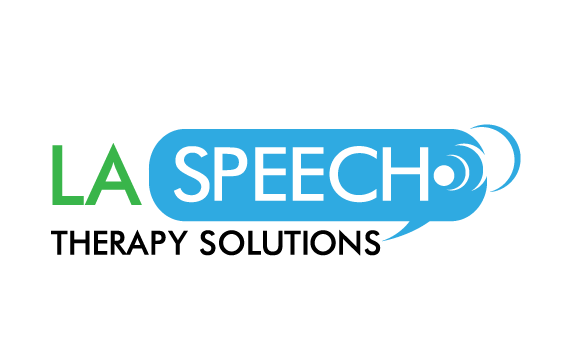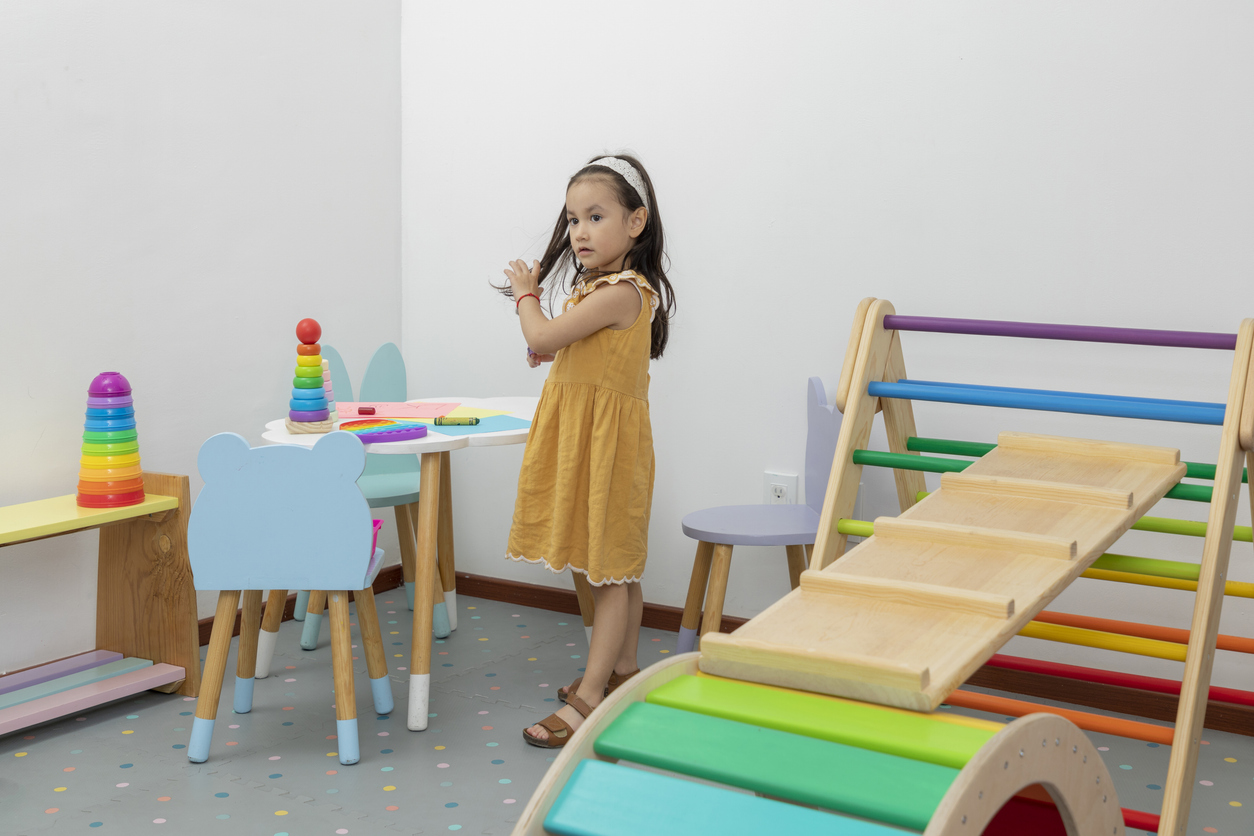
Hearing your child speak for the first time is one of the most enjoyable parts of being a parent. Similar to other milestones in your child’s early life, the age your child reaches when they begin to master language and first start to speak can vary. Having a basic knowledge of childhood speech and language development can help you as a parent to know if your child is at risk of having a speech disorder and you need to look for a speech therapist near me.
Speech and language – what’s the difference?
Though closely related, speech and language are two distinct yet closely related forms of communication. Speech refers to the verbal expression of language, or the spoken words that we use to communicate with others. It involves the physical production of sound through the use of the mouth, tongue, and vocal cords, as well as the ability to articulate words and sentences clearly and distinctly.
On the other hand, language is a communication system involving the use of grammar to convey meaning. Language can be spoken, written, or signed, and it is used to convey meaning and convey information.
Some children may have difficulty with speech, such as having a speech impediment, but still have strong language skills. Conversely, another child may have difficulty with language, such as those with dyslexia or aphasia, but still be able to speak fluently.
What are speech or language delays?
Speech and language delays are similar but there’s a difference between the two. To illustrate:
- Speech delays refer to a condition in which a child does not develop language skills at the expected rate for their age. This may involve difficulty with producing sounds, using words and sentences, or understanding and following spoken language.
- Language delays refer to a delay in the development of a child’s ability to understand and use language to communicate. This may involve difficulty with understanding what is being said, using words and sentences to express oneself, or following directions. Speech and language delays can be caused by a variety of factors, including hearing loss, developmental delays, or neurological conditions. They can have a significant impact on a child’s social, emotional, and academic development, and may require the assistance of a speech therapist or other professional to address.
How can I spot my child’s speech or language delay?
An infant who does not respond to sounds or sounds should be examined by a medical professional immediately. It’s common for parents to find it chalelnging to discern if their child is simply taking longer to reach an important speech milestone, or if their child has a serious speech or language disorder.
Below are some red flags you should watch out for:
- Your child doesn’t point or wave bye-bye by 12 months
- Your child prefers gestures, like pointing, rather than verbal communication by 18 months
- Your child struggles to imitate sounds by 18 months
- Your child can only imitate, not produce their own sounds by two years
- Your child repeated the same sounds and words over and over again, but can’t use langauge to communicate by two years
- Your child is unable to follow your directions or has a raspy or nasaly voice by two years
Identifying the culprit of speech and language delays
There are many potential causes of speech delays in children. Some common causes include:
- Children with hearing loss may have difficulty learning to speak and understand language, as they may not be able to hear the words and sounds that form the basis of language.
- Children with developmental delays may have difficulty with speech and language due to delays in overall development.
- Some neurological conditions, such as cerebral palsy or Down syndrome, can affect a child’s ability to produce speech or understand language.
- Children who grow up in environments with limited language exposure may have difficulty learning to speak and understand language.
- Some speech delays may be inherited, with a genetic predisposition to language and speech difficulties.
- Some health conditions, such as premature birth or an infection during pregnancy, can increase the risk of speech delays.
It is important to note that not all speech delays are caused by a single factor. In many cases, a combination of factors may contribute to a child’s speech delay. If you are concerned about your child’s speech and language development, it is important to speak with a healthcare professional or speech-language pathologist for an evaluation and recommendations for treatment.
How will a doctor diagnose my child?
Speech and language delays are typically diagnosed through the use of standardized assessments, observation, and testing. A speech therapist near me or other healthcare professional will typically assess a child’s ability to produce sounds, use words and sentences, and understand spoken language. They may also observe the child’s communication skills during play or other activities and ask the child to complete tasks that require the use of language. In some cases, a hearing test may be necessary to rule out hearing loss as a cause of a language delay.
It is important to note that children develop at different rates, and what may be a delay for one child may be within the normal range for another. A professional evaluation is necessary to determine whether a child’s speech and language development is delayed and to determine the appropriate course of action.
The benefits of speech therapy
A speech therapist will employ children’s therapy solutions to improve speech and language skills and show you what to do at home to help your child.
Listen up parents, here’s what you should know
Parents play an important role in helping children with speech or language problems. Here are some ways to encourage proper speech development wherever you or your child may be:
-
Practice makes perfect:
Practice communicating with the baby by talking with him or her or singing songs with lots of engaging sounds
-
Pick up a book:
It’s never too early to start reading to your child. No matter your child’s age, pick up a book, especially one with pictures and encourage your child to follow along as you read to them.
-
Capitalize on everyday situations.
Whether its naming vegetables when shopping at the supermarket or describing articles of clothing in a retail store, never pass up on the opportunity to use speech and language with your child. Please try to avoid ‘baby talk,’ because at the end of the day, using inap
Looking for pediatric speech therapy Los Angeles?
If you’re looking for pediatric speech therapy Los Angeles, look no further than the experts at LA Speech Therapy Solutions. LA Speech Therapy Solutions has over twenty years of clinical experience with a strong group of professionals ready to help your child. Schedule an appointment today with the assurance that your child’s speech development is in kind caring hands.





